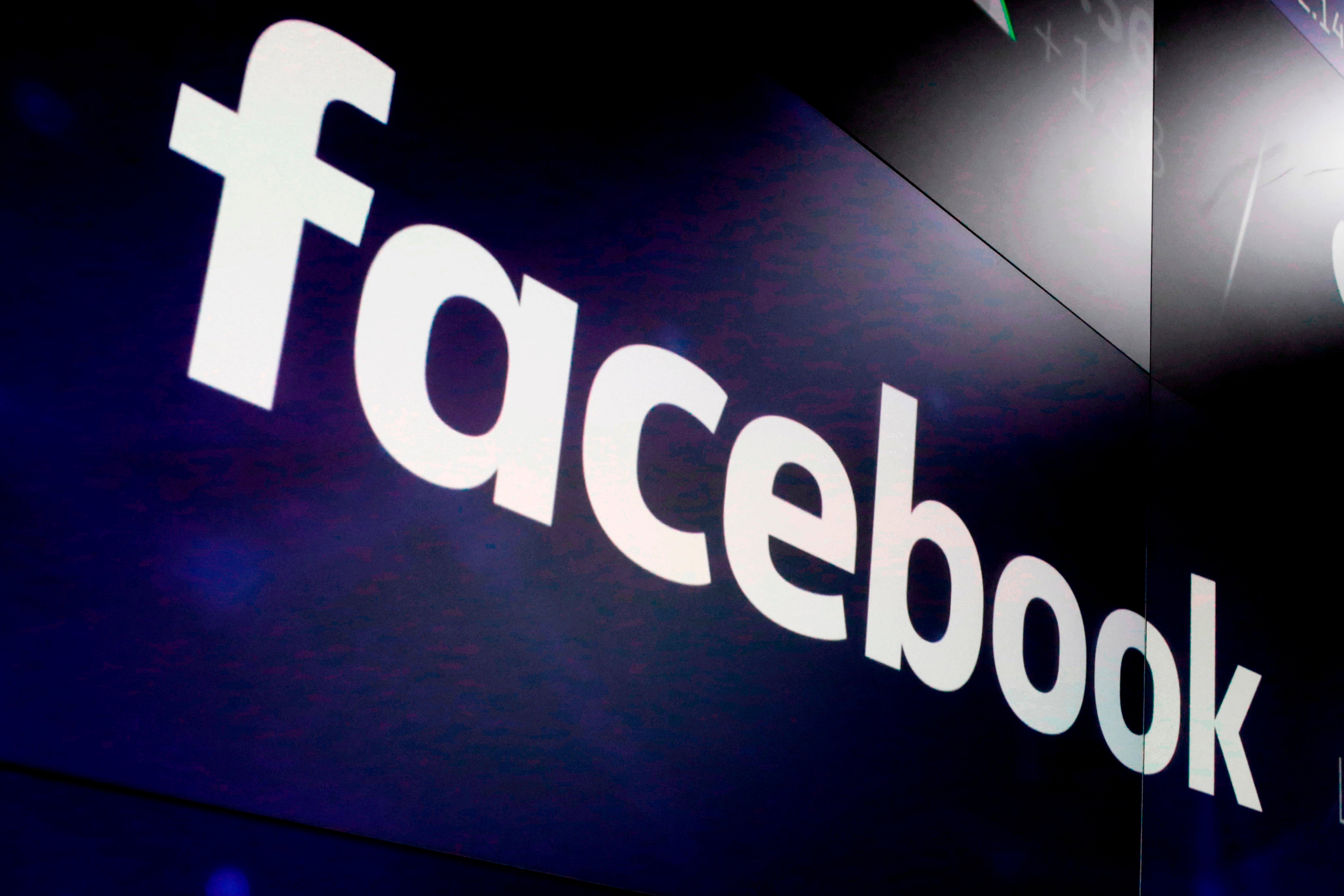Facebook demands academics disable ad-targeting data tool
Academics, journalists and First Amendment lawyers are rallying behind New York University researchers in a showdown with Facebook over its demand that they halt the collection of data on political ads-targeting the site

Your support helps us to tell the story
From reproductive rights to climate change to Big Tech, The Independent is on the ground when the story is developing. Whether it's investigating the financials of Elon Musk's pro-Trump PAC or producing our latest documentary, 'The A Word', which shines a light on the American women fighting for reproductive rights, we know how important it is to parse out the facts from the messaging.
At such a critical moment in US history, we need reporters on the ground. Your donation allows us to keep sending journalists to speak to both sides of the story.
The Independent is trusted by Americans across the entire political spectrum. And unlike many other quality news outlets, we choose not to lock Americans out of our reporting and analysis with paywalls. We believe quality journalism should be available to everyone, paid for by those who can afford it.
Your support makes all the difference.Academics, journalists and First Amendment lawyers are rallying behind New York University researchers in a showdown with Facebook over its demand that they halt the collection of data showing who is being micro-targeted by political ads on the world’s dominant social media platform.
The researchers say the disputed tool is vital to understanding how Facebook has been used to as a conduit for disinformation and manipulation.
In an Oct. 16 letter to the researchers, a Facebook executive demanded they disable a special plug-in for Chrome and Firefox browsers that they have distributed to thousands of volunteers across the U.S. — and delete the data obtained. The plug-in lets researchers see which ads are shown to each volunteer; Facebook lets advertisers tailor ads based on specific demographics that go far beyond race, age, gender and political preference.
The executive, Allison Hendrix, said the tool violates Facebook rules prohibiting automated bulk collection of data from the site. Her letter threatened “additional enforcement action” if the takedown was not effected by Nov. 30.
Company spokesman Joe Osborne said in an emailed statement Saturday that Facebook “informed NYU months ago that moving forward with a project to scrape people’s Facebook information would violate our terms.” The company has long claimed protecting user privacy is its main concern, though NYU researchers say their tool is programmed so the data collected from participating volunteers is anonymous.
The outcry over Facebook's threat was immediate after The Wall Street Journal first reported the news Friday because the “Ad Observer” tool provides valuable insights into what ads are targeting specific types of voters. It has been used by local reporters from Wisconsin to Utah to Florida to write about the Nov. 3 presidential election.
“That Facebook is trying to shut down a tool crucial to exposing disinformation in the run up to one of the most consequential elections in U.S. history is alarming,” said Ramya Krishnan, an attorney with the Knight First Amendment Institute at Columbia University, which is representing the researchers. “The public has a right to know what political ads are being run and how they are being targeted. Facebook shouldn’t be allowed to be the gatekeeper to information necessary to safeguard our democracy. “
“ The NYU Ad Observatory is the only window researchers have to see microtargeting information about political ads on Facebook,” Julia Angwin, editor of the data-centric investigative tech news website The Markup, tweet in disappointment.
The tool is a key source of data on election interference and manipulation because it lets researchers see how some Facebook advertisers use data gathered by the company to profile citizens “and send them misinformation about candidates and policies that are designed to influence or even suppress their vote," Damon McCoy, an NYU professor involved in the project, said in a statement.
After an uproar over its lack of transparency on political ads Facebook ran ahead of the 2016 election, a sharp contrast to how ads are regulated on traditional media, the company created an ad archive that includes details such as who paid for an ad and when it ran. But Facebook does not share information about who gets served the ad.
The company has resisted allowing researchers access to the platform, where right-wing content has consistently been trending in recent weeks. Last year, more than 200 researchers signed a letter to Facebook calling on it to lift restrictions on public-interest research and journalism that would permit automated digital collection of data from the platform.